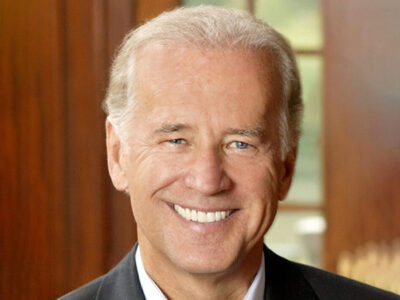A transcript of Biden’s speech at the National Cancer Moonshot Summit at Howard University.
Richard Pazdur, currently the director of the FDA Office of Hematology and Oncology Products, will serve as acting director of the newly formed FDA Oncology Center of Excellence.
Vice President Joe Biden announced the formation of the FDA Oncology Center of Excellence, which is intended to consolidate the agency's cancer portfolio and streamline regulatory pathways for cancer-related drugs, biologics, and devices.
After a year of trying to understand the biology and politics of cancer, Vice President Joe Biden admits that he has a stronger grasp on the nuts and bolts of Washington than the evolutionary mysteries known collectively as cancer.
The National Cancer Institute Cancer Therapy Evaluation Program approved the following clinical research studies last month. For further information, contact the principal investigator listed.
A secondary analysis of the phase III ASPIRE trial that showed Kyprolis (carfilzomib) for Injection, in combination with lenalidomide and dexamethasone, improved progression-free survival and overall response rate, compared to lenalidomide and dexamethasone alone, in patients with relapsed multiple myeloma with early disease progression after initial therapy or transplant.
Data from a phase III trial evaluating eribulin in liposarcoma demonstrated a significant improvement in overall survival.
Novartis published data from a phase III study showing a significant survival benefit for patients with BRAF V600E/K mutation-positive advanced melanoma when treated with the first-line combination of Tafinlar (dabrafenib) and Mekinist (trametinib), compared to Tafinlar monotherapy.
A combination of surgery to remove the primary tumor in women diagnosed with stage IV breast cancer, followed by standard therapies, can add months to patients' lives when compared with standard therapy alone, according to an international phase III study.
AbbVie published longer-term follow-up results from three phase III studies of Imbruvica (ibrutinib) in chronic lymphocytic leukemia and small lymphocytic lymphoma: RESONATE, RESONATE-2 and HELIOS.









